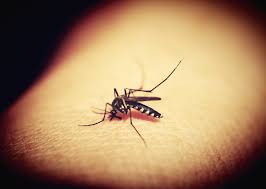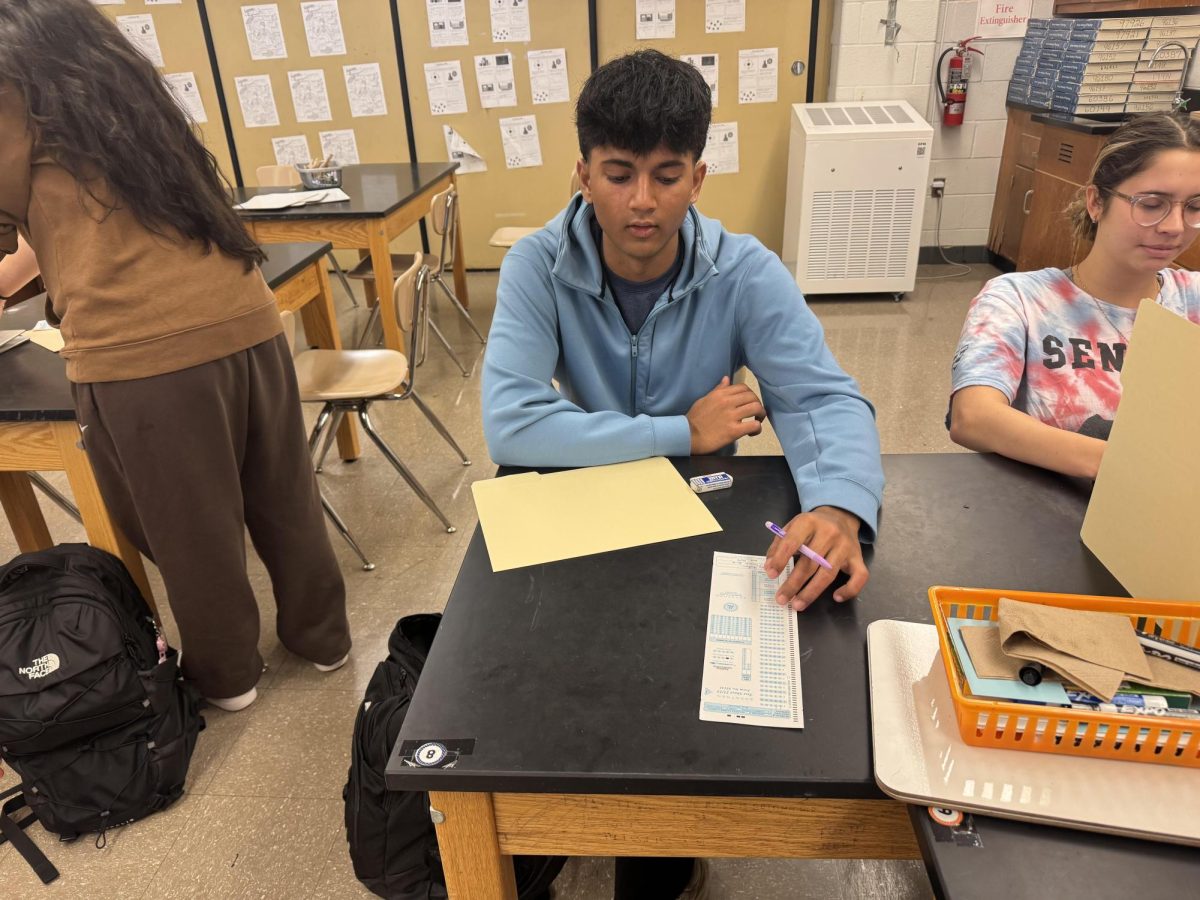
On June 23, Texas reported its first locally transmitted malaria case in 29 years. Then Florida reported cases from May to July, according to Politico. These cases aren’t confirmed to be caused by global warming, as they are from a type of mosquito found in South America, but the case of locally transmitted malaria found in Maryland rings all sorts of alarms.
Malaria is a disease transmitted through infected mosquito bites and its severity depends on the type of mosquito it is transmitted from, according to Mayo Clinic. For example, a malaria case from Asia would present a different intensity compared to an African strain. While it’s concerning that the case in Maryland is the first in 40 years, it’s more alarming that malaria has found itself this far north, given its common in more tropical environments. The mosquito that infected patient zero was not from South America like the cases found in Texas or Florida; it was from Africa, where the strain of malaria found is much more deadly.
For a mosquito from Africa to travel this far, climate change had to cause the winds to shift toward Maryland enough to bring along a disease-carrying mosquito with it. Students are alarmed. “We only have one planet, and it scares me that nobody really cares. Not much has really been done about it, and now with these recent cases it’s more evident that we need to do something,” sophomore Sol Berrellez said.
As eye-opening as these new cases can be, global warming has been affecting the climate and causing natural disasters for years. On average, hurricanes have been intensifying faster and storms have increased in frequency since the 1980s, according to NASA. This costs lawmakers money as damages total up, and eventually, it will become more expensive to fix the damage done than it would’ve cost to prevent global warming. “I think that if people don’t act now, a healthy environment will quickly become unsustainable, and more people will suffer from various environmental grievances,” senior Naveen Ramamurthy said.
Many fear a future where diseases once thought to be eradicated resurface, natural disasters are a regular occurrence and these events become standard. Being desensitized to these events can cause people to forget that it isn’t normal, and can cause a decline in advocacy for these types of issues. “Global warming is so scary because it messes up our environment and important things like oceans are being destroyed. We need to protect the planet for our future,” junior Abigail Brodsky said.
For now, this case of malaria is the first of its kind. This may be a one-time occurrence, something caused by a rare combination of events. However, it may not be. If this becomes the next pandemic or comes to shape the new norm, the safety of the world is at risk. If something isn’t done about the intense climate changes observed recently, we might be seeing an apocalyptic glimpse into the future.







